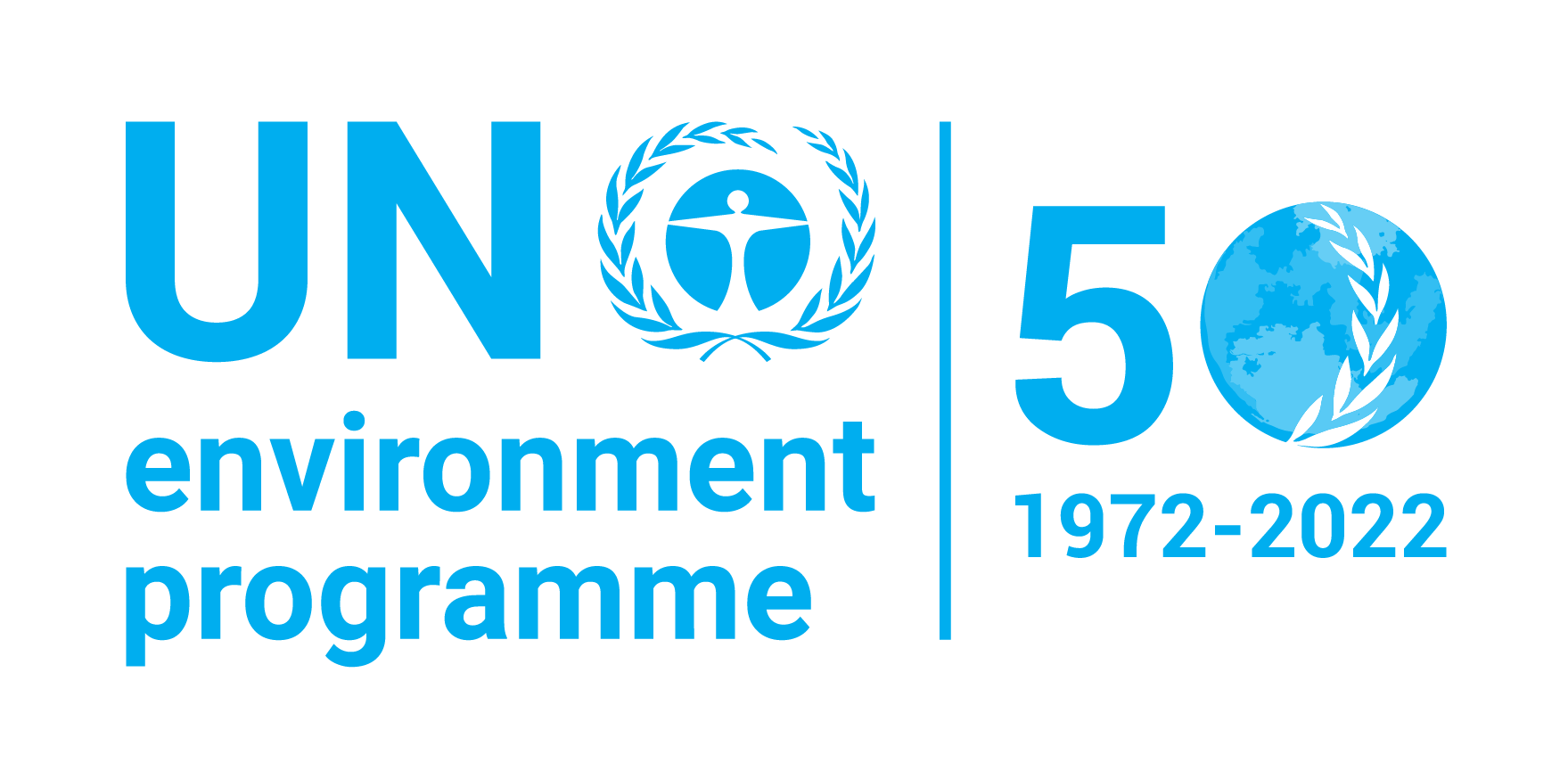| dc.contributor | DEPI | |
| dc.contributor.author | United Nations Environment Programme | |
| dc.coverage.spatial | Sudan | |
| dc.date.accessioned | 2016-10-11T19:59:08Z | |
| dc.date.available | 2016-10-11T19:59:08Z | |
| dc.date.issued | 2007 | |
| dc.identifier.isbn | 978-92-807-2702-9 | |
| dc.identifier.other | DEP/0816/GE | |
| dc.identifier.uri | http://hdl.handle.net/20.500.11822/7712 | |
| dc.description | In January 2005, after more than two decades of devastating civil war, the Sudanese central government in Khartoum and the Sudan People’s Liberation Army in the south signed a historic Comprehensive Peace Agreement. This landmark achievement – which was followed by the adoption of an Interim Constitution – brought peace to most of the country for the first time in a generation. Now, thanks to the rapid development of its oil industry, Sudan is one of the fastest-growing economies in Africa. Direct investment and international aid are starting to flow into the country on a large scale, and some parts of Sudan are undergoing brisk development. As it focuses on recovery and development, however, the country faces a number of key challenges. Chief among them are several critical environmental issues – such as land degradation, deforestation and the impacts of climate change – that threaten Sudan’s prospects for long-term peace, food security and sustainable development. In addition, complex but clear linkages exist between environmental problems and ongoing conflict in Darfur, where violence and insecurity continue to prevail despite the signing of a peace agreement in May 2006. Not only are the adequate management and rehabilitation of natural resources fundamental prerequisites to peacebuilding in Darfur and the rest of Sudan – they must be considered national priorities if the country is to achieve long-term social stability and prosperity. With a view to gaining a comprehensive understanding of the current state of the environment in Sudan and catalysing action to address the country’s key environmental problems, the Government of National Unity (GONU) and Government of Southern Sudan (GOSS) requested the United Nations Environment Programme (UNEP) to conduct a post-conflict environmental assessment of Sudan. The goal of the UNEP assessment was accordingly to develop a solid technical basis for medium-term corrective action in the field of environmental protection and sustainable development. | |
| dc.language | English | |
| dc.language | French | |
| dc.language | Arabic | |
| dc.publisher | UNEP | |
| dc.rights | Public | en_US |
| dc.subject | Sudan | |
| dc.subject | conflict | |
| dc.subject | natural disaster | |
| dc.subject | desertification | |
| dc.subject | urban | |
| dc.subject | waste | |
| dc.subject | agriculture | |
| dc.subject | industry | |
| dc.subject | forest | |
| dc.subject | wildlife | |
| dc.subject | marine | |
| dc.subject.classification | Climate Change | |
| dc.subject.classification | Environment Under Review | |
| dc.subject.classification | Disasters and Conflicts | |
| dc.subject.classification | Ecosystem Management | |
| dc.subject.classification | Environment Under Review | |
| dc.title | Sudan post-conflict environment assessment | |
| dc.type | Reports and Books | |
| wd.identifier.old-id | 781 | |
| wd.identifier.sdg | SDG 16 - Peace, Justice and Strong Institutions | |
| wd.identifier.sdgio | http://purl.unep.org/sdg/SDGIO_00000050 | |


